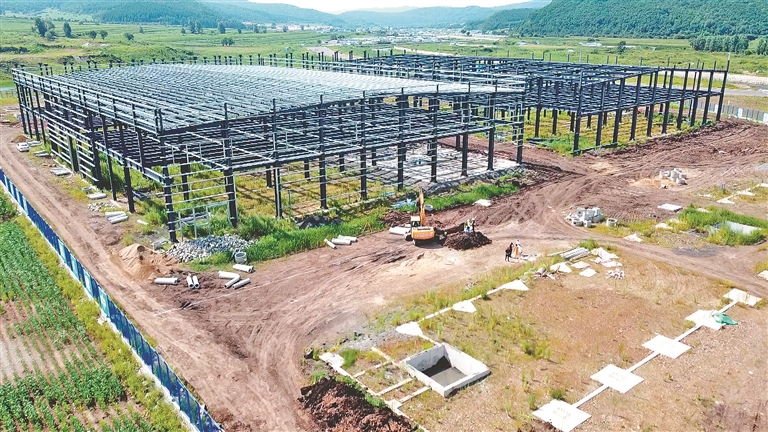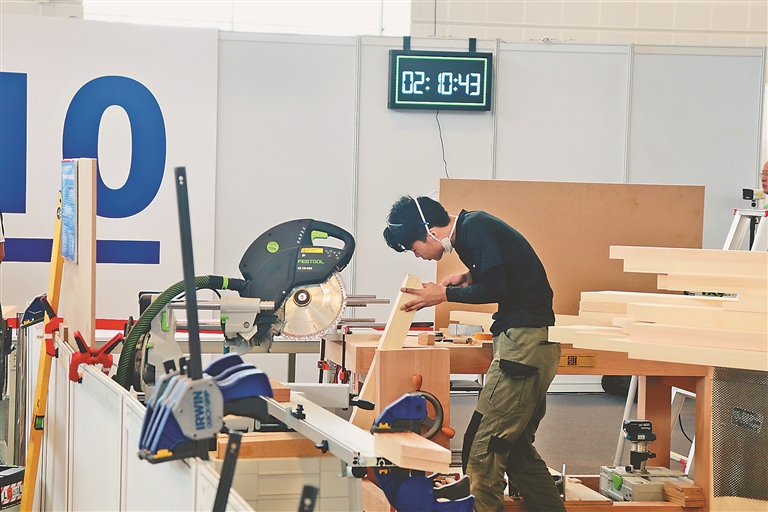
"I'm bored."
At some point in your career, you've probably said these words at work. Even if you're working at an exciting company, in a coveted role, youmay still find yourself wondering, Is this it?I've spoken to many highly successful professionals who expressed that very sentiment.
为什么会发生这种情况? Like most answers, there's likely a multitude of variables that contribute. But, one common denominator often exists: There is no emphasis on mastery these days.
Mastery is expert skill or knowledge in a given area. To achieve this level, it's necessary to put in the time. With many modern-day workers changing careers as casually and quickly as ifthey were swapping smart phones, it's becomeless common for peopleto accumulate the hours to reach the rarified air of mastery.
Today's workplace often does little to promote the concept. Most blatantly, mastery often is not a prerequisite to advancement formost companies. Instead, simply reaching a high level of competence is good enough. There is, however, a real cost associated with lower standards, and it can have a trickle-down impact in your organization. Here are three ways develop a culture of mastery in your business:
1. Recognize continued improvement inperformance, not just accreditation.
One law of businessI know to be universally true is this:If you want more of something inyour team, promote it. We often stop short of encouraging mastery the way we should.Case in point: It's very common for businesses to reward an employee for participating in advanced training and reaching a particular level of certification or accreditation --for a piece of paper --and then we stop. Instead of monitoringachievements or results, we often fail to recognize our team members until they reacha promotion or receiveanother piece of paper.
Companies that get the most out of their teamsreward the members who show actual results. I'm not just talking about financial compensation, thoughthat certainly isn't a bad thing. It's also about creating an environment where advancing achievements are noticed by bosses and praised. Excitementabout improvementoften serves asincentive for everyone else.
2. provide continuous learning opportunities for your team.
Without the pursuit for mastery, workers have less to strive for and will inherently become more interested in chasing the next opportunity than becoming the best they can be in their current role. people will leave for other teams, departments or even careers, with a high cost to replace and train a new employee.
Building a team full of masters can be achieved by providing your team with the right resources to improve. For instance, sending key personnel to trade conferences and seminars is not only a great investment in training your people, but it also shows how much you value continual learning.
3.以身作则。
In some organizations, the leader can project an "I've arrived" persona, as if to say"At my level, I've seen it all and I know it all." Obviously, this couldn't be further from the truth for even the best and brightest of leaders. Everyone should be, and needs to be, striving to get better -- or eventually you'll get beaten.
58003 This approach demonstrates loud and clear to everyone that no one has arrivedand there's always room to grow.
There's a profound difference between people who get bored with high levels of competence and those who strive to reach a level of mastery. The former is looking around for better opportunities; the latter is looking for opportunities to better themselves. Nocompany can forceits employees to want to become masters of their crafts, but a smart company createsan environment that fosters this pursuit.
 世纪金融网
世纪金融网









